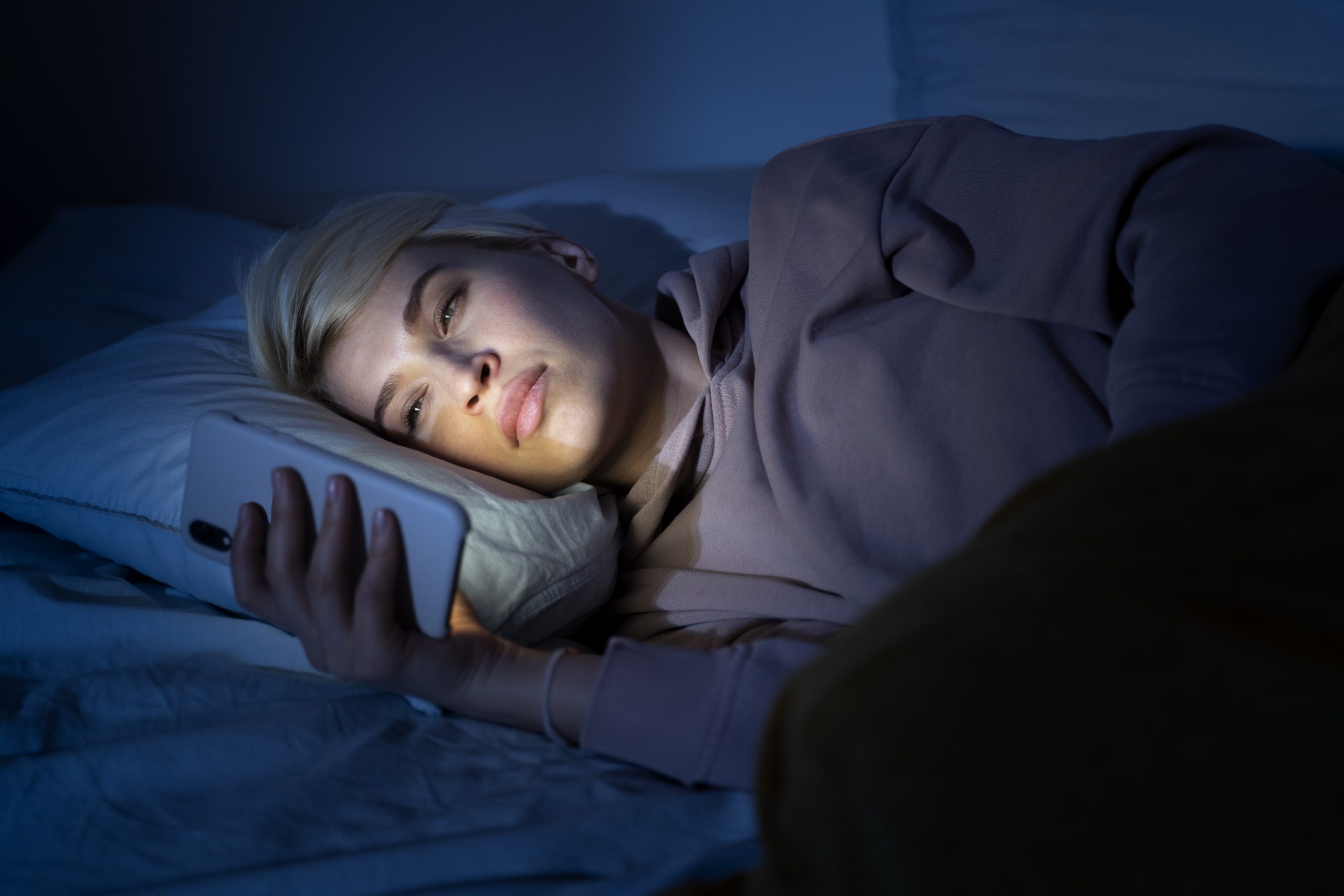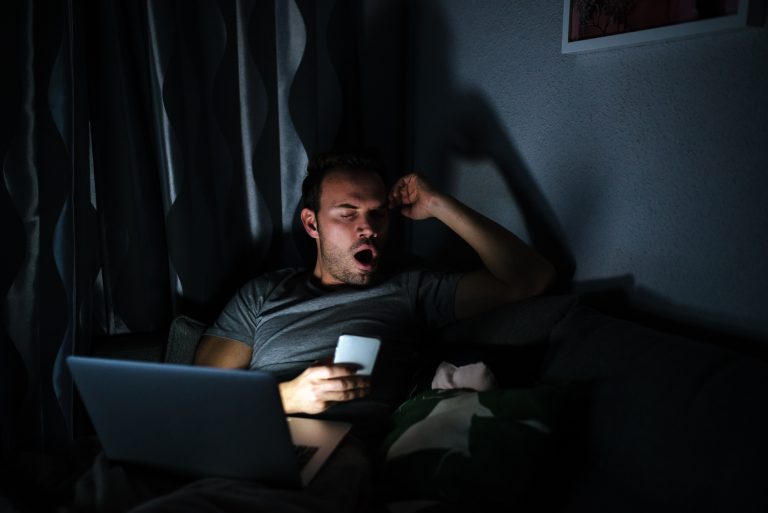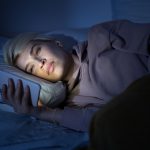Digital devices have become indispensable in our lives, but excessive screen time can have serious effects on our mental and physical health. Common issues include eye strain, poor sleep quality, anxiety, and difficulty concentrating. Additionally, the constant stream of notifications and information can overwhelm our brains, contributing to chronic stress.
Why does technology cause stress?
Constant online presence and social media use can increase anxiety and feelings of low self-esteem. People often compare themselves to others, which can trigger negative emotions. Furthermore, work-related emails and messages during evening hours can disrupt rest, contributing to burnout.
The blue light emitted from screens inhibits melatonin production, the hormone essential for sleep. Additionally, the constant flood of information overloads our brains, increasing levels of stress hormones like cortisol. Excessive use of digital devices also reduces real-life social interactions, contributing to emotional isolation.
How does technology affect our brain?
Constant technology use alters how our brains function. For example, it reduces attention span and makes deep thinking more difficult. Additionally, social media use can impact self-esteem and emotional stability.
Technology use activates the brain’s dopamine system, providing short-term rewards but potentially leading to long-term addiction. Moreover, the constant influx of information overwhelms the brain, impairing memory and concentration. Blue light disrupts melatonin production, worsening sleep quality.
These solutions are just examples. Everyone has different needs, priorities, and issues. What works for one person may not work for another. Experiment to find what helps you, and don’t worry if it’s unique.
A digital detox doesn’t mean giving up technology entirely but using it more mindfully. Here are some practical tips to get started:
- Screen-free time: Avoid screens 1-2 hours before bedtime. Use blue light-blocking glasses or apps to help improve sleep quality. Reducing blue light exposure supports melatonin production, enhancing sleep.
- Turn off notifications: Only keep notifications enabled for essential apps. This reduces constant interruptions and helps maintain focus. Minimizing unnecessary notifications lowers stress and boosts productivity.
- Digital breaks: Spend 30-60 minutes daily without screens—read a book, take a walk in nature, or try meditation. These activities help the brain rest and recharge.
- Social media breaks: Spend 1-2 hours daily without social media. This helps reduce anxiety caused by comparisons. Temporarily stepping away from social media can improve self-esteem and reduce negative emotions.
- Work boundaries: Avoid responding to work emails or messages in the evening and on weekends. This helps maintain a work-life balance. Setting boundaries reduces the risk of burnout.
- Digital minimalism: Delete apps that don’t add value to your life. This reduces unnecessary stimuli and increases mindfulness.
- Digital detox weekends: Spend an entire weekend without technology. This helps the brain recharge and reduces stress. Tech-free periods can boost creativity and emotional stability.
- Meditation and mindfulness: These practices help the brain recharge and reduce stress. Try short, daily 5-10 minute sessions. Mindfulness exercises can improve focus and emotional regulation.
- Tech-free zones: Create areas at home where digital devices are not allowed (e.g., the bedroom). This helps maintain rest quality and reduces screen time.
A digital detox is not just for your brain but for your overall health. Small steps can make a huge difference—start with a short screen-free period and see how it affects you! Mindful use of technology can help you lead a more balanced and happier life. Remember: a digital detox isn’t a challenge but an opportunity to rediscover real connections and inner peace.
References:
- Twenge, J. M., & Campbell, W. K. (2018). Associations between screen time and mental health outcomes in adolescents. Journal of Adolescence, 67 , 1-10. https://doi.org/10.1016/j.adolescence.2018.05.004
- Harvard Health Publishing. (2021). Blue light has a dark side. Retrieved from https://www.health.harvard.edu/staying-healthy/blue-light-has-a-dark-side
- Newport, C. (2019). Digital Minimalism: Choosing a Focused Life in a Noisy World . Portfolio. https://openlibrary.org/books/OL26832542M/Digital_Minimalism





